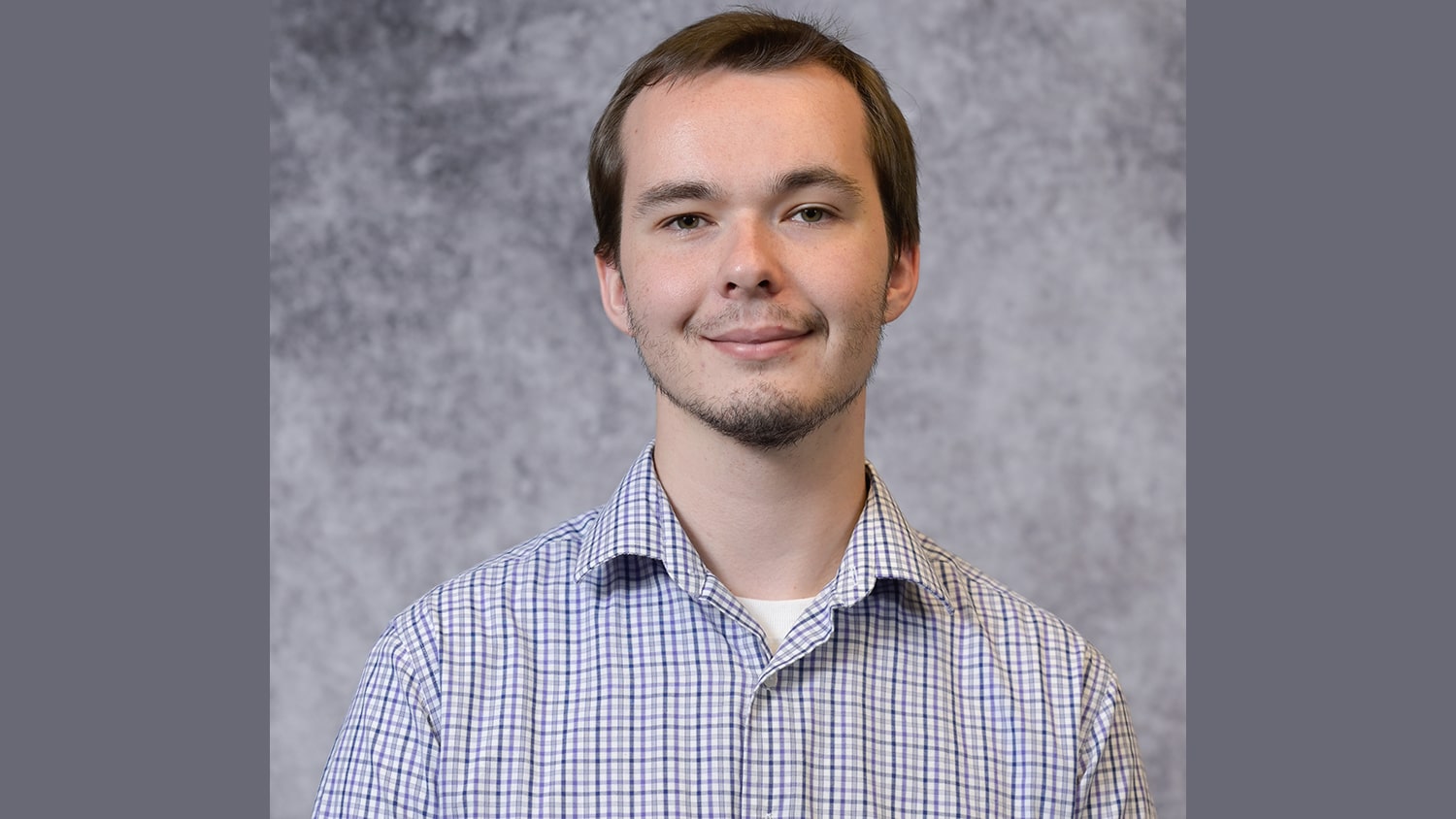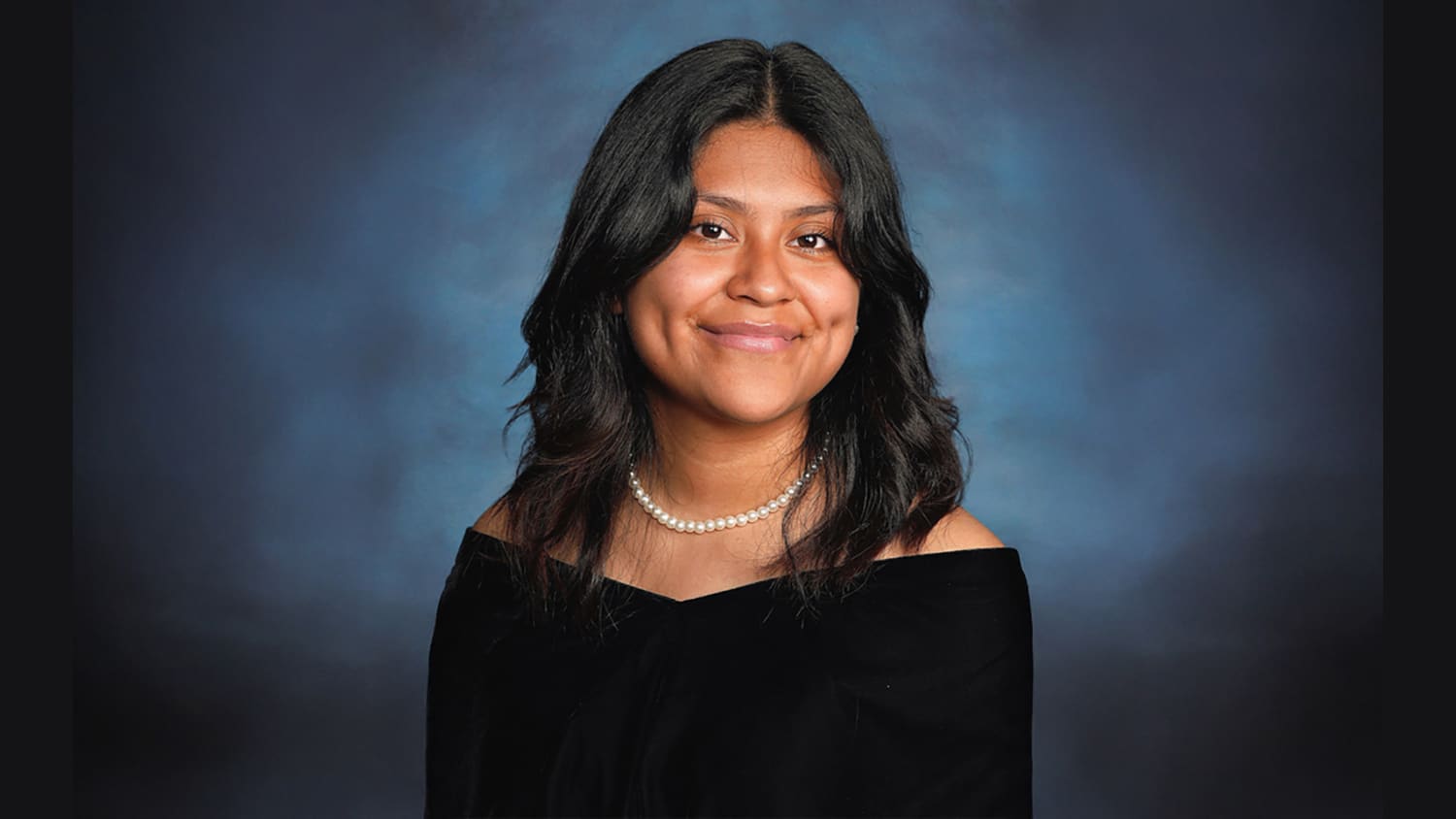Wilson College of Textiles Students Learn Science and Industry of Cosmetics in Cosmetic Chemistry Club
By Elyse Boldizar
Have you ever taken a step back and wondered what goes into the products we are using on our faces daily? The science behind your go-to mascara or the formulation of your foundation?
The Cosmetic Chemistry Club uncovers the secret behind makeup, skincare, hair care and other cosmetic products: the chemistry behind our favorite products and what goes into the cosmetic industry as a whole. It’s the only club at NC State University with a focus on cosmetics.
Offering something for everyone
While cosmetic science is a seemingly niche industry, the club’s members come from many different majors to connect over their interest in the makeup field.
During meetings, club leaders present about different cosmetics topics and members learn how to make different products like face scrubs and customized lip balms.

Ally Seganish, a sophomore studying textile engineering and material science and engineering and the current president of Cosmetic Chemistry Club, learned about the club during her first year on campus at the Student Involvement Fair.
“I was really interested in chemistry and I realized that cosmetics is a really unique area of chemistry. It’s kind of like material science in that way. I felt like the club was right up my alley,” Seganish says.
Making career connections
For Sydney Lucas, a junior studying polymer and color chemistry and the current vice president of Cosmetic Chemistry Club, interest in cosmetics started as early as middle school.
Through Cosmetic Chemistry Club, Lucas connected with members of the Society of Cosmetic Chemists, a personal care and cosmetics professional association, and asked about internship opportunities. It was through this connection that Lucas landed a position as a formulation and application scientist intern at EverCare, a chemical manufacturing company that supplies ultrafine zinc oxides for sunscreen and other sun protective products.
“I go in and my supervisor will usually give me a formula of a sunscreen product that I need to make, and I’ll formulate it,” Lucas says. “There are usually instructions, so it’s usually pretty much me following instructions but also learning about how different materials in SPF products are mixed to make the final product.”
Lucas says she has also conducted SPF testing using a UV transmittance analyzer, a device that estimates how SPF products will work on someone’s skin. Lucas’ work, along with other product tests, help determine if the formulations can be sent to companies for mass production and sale.

In addition to the club, Lucas has learned more about the science of cosmetics through her degree in polymer and color chemistry (PCC). She has also gotten involved in research with Research Assistant Professor Tova Williams in the Sustainable Dye Chemistry Laboratory where they investigate safer, more sustainable hair dye alternatives.
“I specifically chose the polymer and color chemistry program because I wanted to go into cosmetic formulation, and I still do, I’m really excited to get into that field,” Lucas says.
More than just chemistry
Whether or not you have ever considered a career in the cosmetic industry, the Cosmetic Chemistry Club is a great place to learn more.
Seganish emphasizes how much goes into the industry — from formulating the products and testing formulas to designing the packaging and marketing the final product to consumers.
“Anyone from any major in the Wilson College of Textiles would be welcome in the club, regardless if they’re pursuing textile engineering or PCC or even management or design,” Seganish says. “Every little aspect of every major in the Wilson College is related to cosmetics in some way.
This post was originally published in Wilson College of Textiles News.
- Categories:


